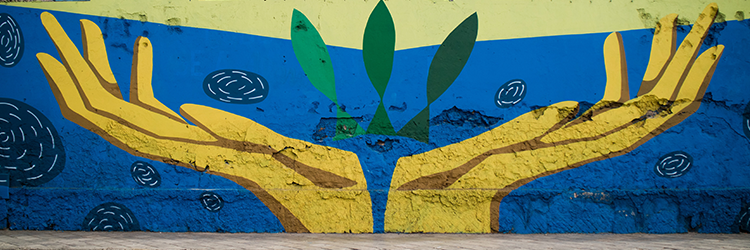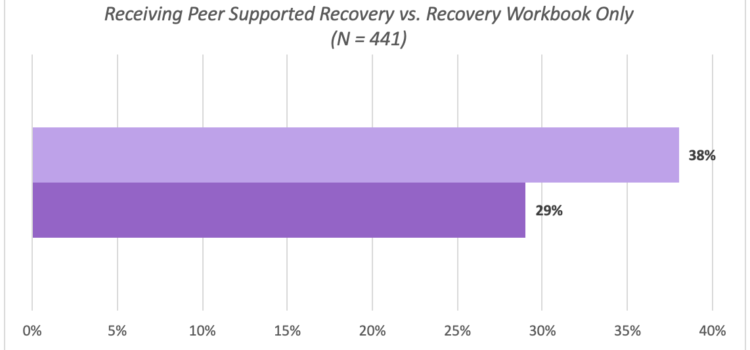“Two weeks after the COVID-19 physical distancing guidelines were implemented in Massachusetts, I found myself in pajamas and realized that I had fallen into a slump with my wellness on the line. Recognizing the need to better take care of myself, I finally decided to reach out to my recovery community both for personal support and to better understand the impact that this pandemic was having others…
Personal Account: Pandemic Recovery









